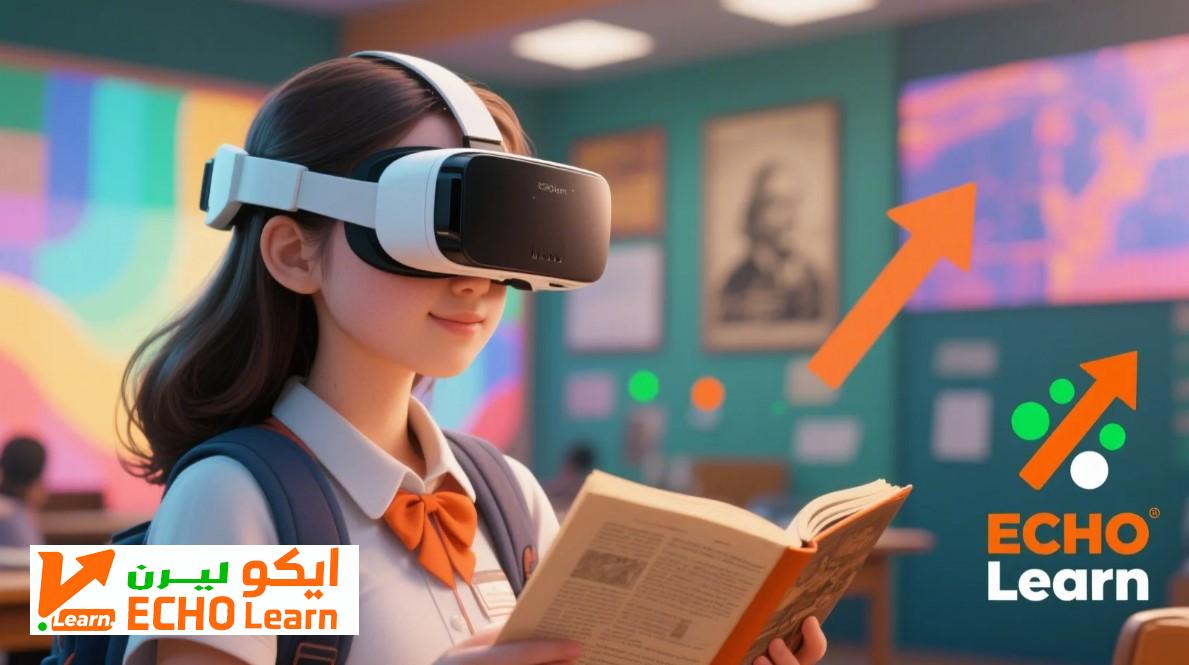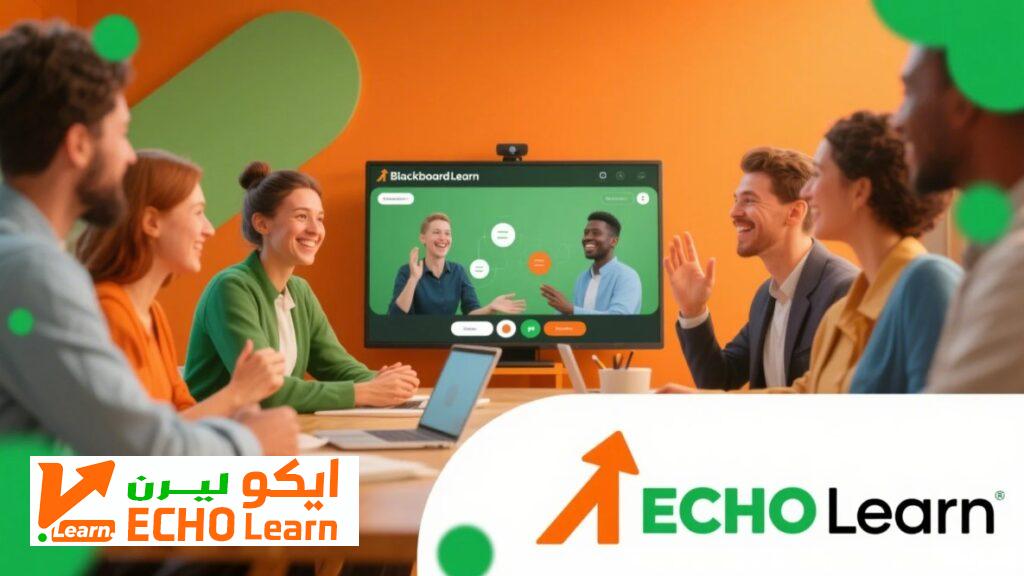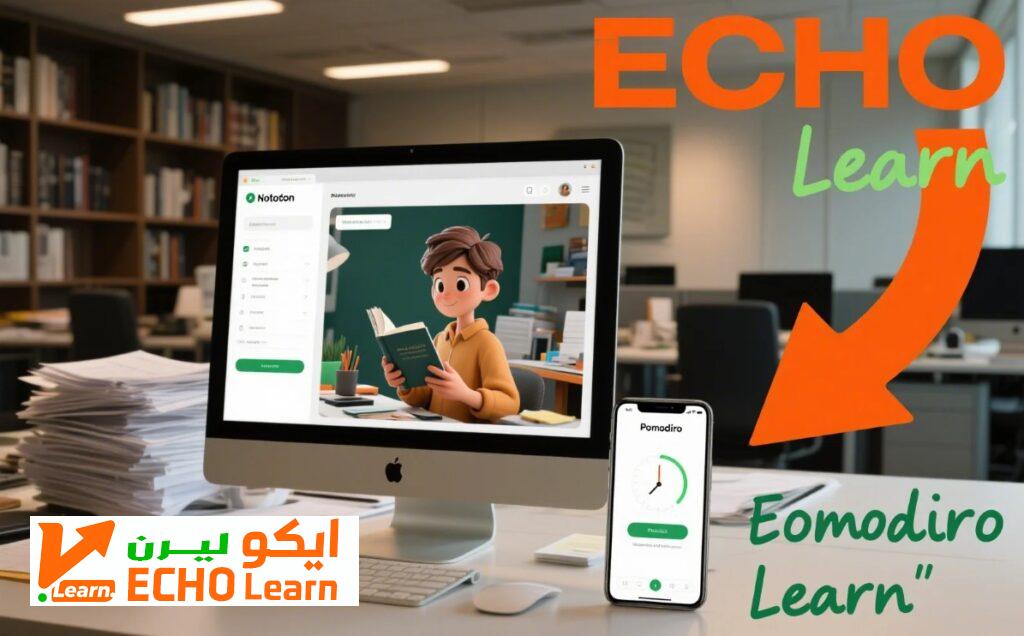
Top 7 Strategies to Enhance Self-Learning with Technology in 2025

In 2025, self-learning has evolved beyond a mere option; it has become a necessity to keep pace with the rapid advancements in the workplace and technology. 📚 Whether you’re a student aiming to improve your grades, a professional seeking to develop new skills, or an individual passionate about lifelong learning
technology offers tools and platforms that make this journey easier and more effective. From e-learning platforms to artificial intelligence tools, you can now learn anything, anywhere, at any time. In this article, we will dive into 7 innovative strategies to enhance self-learning with technology, complete with practical tips, real-world examples from the Arab world and beyond, and an analysis of how to boost your educational productivity. Ready to transform your learning experience? Let’s get started!
Why Is Technology Important in Self-Learning?
Technology is no longer just a supporting tool; it has become the backbone of self-learning in 2025. In the past, reliance on traditional books and lectures limited learning speed and made accessing information challenging, especially in remote areas. Today, thanks to high-speed internet and smart applications, anyone can access millions of educational resources in seconds. A recent study from EdTech Magazine confirmed that using technology can increase educational productivity by up to 40%, particularly with tools that enable customization and interaction.
In the Arab region, technology has played a significant role in improving educational opportunities, addressing challenges such as a shortage of teachers or limited resources. For instance, a student from Oman utilized the platform edX Review to learn programming and secured a remote job at a tech company within just six months. These strategies will help you leverage technology to achieve your educational goals efficiently.
1. Leverage E-Learning Platforms to Expand Your Knowledge
E-Learning Platforms in 2025E-learning platforms such as Coursera vs Udemy Comparison 2025 and edX Review have become an ideal starting point for self-learning. These platforms offer courses in diverse fields such as programming, graphic design, language learning, and digital marketing, with free and paid options to suit all budgets. In 2025, these platforms are enhanced with artificial intelligence technologies that help you select courses based on your level and interests.
Practical Tips: Start with a free course on Coursera vs Udemy Comparison 2025 to test your abilities. Use Google Classroom 2025 to organize your notes and share them with peers. Set a daily schedule of 1-2 hours for regular learning, focusing on Best Self-Learning Habits 2025.
Real-World Examples: A student from Riyadh enrolled in a digital marketing course on Coursera via Learn Digital Marketing 2025, applied the skills to a personal project, and increased his income by 30% within three months. A student from Tunisia learned graphic design on Udemy and used Whee AI to create professional posters, eventually starting a small business.
2. Utilize AI Tools to Personalize Your Experience
AI tools have revolutionized self-learning. Tools like Discover MagicSchool AI Power help you create customized study plans based on your goals, while Quillbot Comprehensive Guide improves your writing and aids in understanding complex texts. Additionally, Discover Gradescope Power can be used for self-assessment.
Practical Tips: Use MagicSchool AI to set a daily plan for learning a new language, leveraging Online Language Learning. Use Quillbot to edit your academic papers and enhance your style. Review your progress weekly with Gradescope to analyze strengths and weaknesses.
Real-World Examples: A student from Dubai used MagicSchool AI to develop a plan for learning Spanish, benefiting from Overcoming Spanish Learning Barriers, and reached an intermediate level in four months. A professional from Cairo used Quillbot to improve his professional reports, earning a promotion at work.
3. Organize Your Time with Task Management Tools

Time management is the cornerstone of successful self-learning. Tools like Slack Usage Guide and How to Use Notion help you organize your study tasks and prioritize effectively. The Pomodoro technique, documented in Pomodoro Technique 2025, increases focus by 25% according to a study from Lifehack.
Practical Tips: Use Notion to create a weekly schedule with daily tasks, referring to Time Management Secrets. Try Focus Booster to implement the Pomodoro technique. Dedicate 25 minutes daily to review your progress with 5 Focus Improvement Tips.
Real-World Examples: A student from Jordan used Notion to organize his university exam studies, raising his GPA from 2.8 to 3.5 in one semester. A professional from Lebanon used Slack to coordinate her studies with work, completing a programming course in four months.
4. Learn Through Interactive Videos and Virtual Reality
Interactive videos and virtual reality (VR) have become some of the most engaging methods for self-learning in 2025. Platforms like Nolej Creativity offer interactive educational videos, while VR tools like VR Tools 2025 provide immersive experiences in fields such as medicine and history.
Practical Tips: Try a free VR app like Google Cardboard, exploring VR in Education. Use FocalML 2025 to create your own educational videos. Set aside weekly time (e.g., 2-3 hours) for interactive learning.
Real-World Examples: A student from Saudi Arabia used VR to learn anatomy, achieving a 90% score on his exams. A student from Kuwait produced educational videos with FocalML, sharing them with peers to enhance their learning.
5. Utilize Tools to Improve Language Skills
Learning a new language has become easier thanks to tools like Grammarly Comprehensive Guide and Duolingo (Duolingo). Grammarly corrects your writing errors, while Duolingo offers daily lessons that are fun and suitable for all levels.
Practical Tips: Start with 15 minutes daily on Duolingo, referring to Online English Learning 2025. Use Grammarly to improve your academic papers. Check English Learning Secrets for additional tips.
Real-World Examples: A translator from Morocco used Grammarly to enhance her English writing, securing a contract with a foreign company. A student from Algeria learned French via Duolingo and passed the DELF exam in six months.
6. Use Self-Assessment Tools to Measure Your Progress

Self-assessment helps you identify your strengths and weaknesses. Tools like Quizizz Platform and Qorrect allow you to create interactive quizzes to monitor your progress.
Practical Tips: Create a weekly quiz with Quizizz, benefiting from Exam Success Secrets. Use QuestionWell to generate smart questions. Record your results to analyze improvement with ExamAI.
Real-World Examples: A student from Qatar used Quizizz to review math, improving his grades by 20%. A student from Jordan used Qorrect to assess her daily lessons, raising her academic average.
7. Join Online Educational Communities for Collaboration and Motivation
Self-learning doesn’t mean isolation! Online communities like Blackboard Learn and forums like r/selflearning provide a supportive environment. You can also use Zoom for Education for group study sessions.
Practical Tips: Join a study group on Blackboard, leveraging E-Learning Trends 2025. Use Zoom for weekly meetings. Share your ideas on forums like Reddit.
Real-World Examples: A student from the UAE learned Python through a Reddit group, completing a project in three months. A team from Egypt used Zoom to study programming, successfully launching a small app.
Challenges of Self-Learning and How to Overcome Them with Technology
Self-learning may face obstacles such as lack of motivation, distractions, or difficulty choosing resources. Technology offers effective solutions:
- Lack of Motivation: Use How to Stay Motivated to set daily goals.
- Distractions: Try 5 Focus Improvement Tips with apps like Forest.
- Resource Selection: Use How to Choose an E-Learning Platform to find the best fit.
Example: A student from Morocco faced distractions but used Forest and Pomodoro Technique 2025, improving his productivity by 30%.
Benefits of Integrating Technology in Self-Learning
– Time Savings: Reduces routine tasks by 40%.
– Increased Productivity: Enables more learning in less time.
– Customization: Meets your personal needs.
– Interaction: Offers engaging experiences like VR.
Example: A student from Sudan learned JavaScript through Best JavaScript Learning Sites 2025, landing a job in five months.
Additional Tips to Boost Self-Learning
Use Auphonic to enhance educational podcasts. Try VMake AI for creating visual content. Use ExamAI for smart exam preparation.
Frequently Asked Questions About Self-Learning with Technology
1. What is the best tool for organizing learning?
Notion is the best for task organization.
2. Is it suitable for everyone?
Yes, with diverse options.
3. How can I overcome distractions?
Try 5 Focus Improvement Tips and Forest.
4. Is VR expensive?
There are free options like Google Cardboard.
5. How do I measure my progress?
Use Quizizz Platform or Qorrect.
Conclusion
Self-learning with technology in 2025 is the key to achieving your educational goals quickly and efficiently. By utilizing e-learning platforms, AI tools, and interactive technologies, you can enhance your productivity and achieve remarkable results. Try these strategies today and share your experience in the comments! 📚
Note: Some links may earn commissions. Your choice of services depends on your needs.









